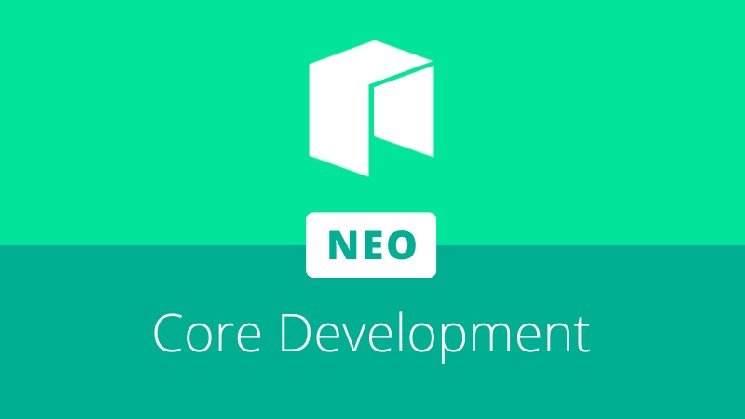Listen to the article
Neo’s core development team has begun recording and publishing its coordination calls, offering the community direct access to technical discussions and decision-making processes. The first recorded call, held on Oct. 23, is now publicly available.
The move aims to improve transparency by allowing community members to observe how core contributors evaluate proposals, resolve challenges, and shape the roadmap. While the meeting primarily focused on pull requests and future development planning, its broader significance lies in opening a previously internal process to public view, an important step toward a more open development workflow.
Key discussion topics
In addition to the procedural announcement, the developers reviewed several technical initiatives in progress:
- Whitelist of free contracts (#4201): Discussion focused on final implementation details and the challenge of tracking whitelisted transaction costs against maximum block execution fees.
- Execution fee factor with decimals (#4202): The team debated whether to modify only the execution fee or to apply the new decimal granularity more broadly. Consensus leaned toward a more minimal change to avoid unnecessary breakage.
- NEP-25 (#4043): Developers considered refinements to circular reference checks within type definitions, agreeing to limit restrictions to top-level self-referencing structures.
- Post-quantum cryptography (#4239): The team examined the feasibility of integrating post-quantum signature schemes and hash upgrades. Discussion emphasized a cautious approach, focusing first on hybrid cryptography and preparing infrastructure for future flexibility.
- Dynamic block interval (#4241): Participants explored how block time could adapt dynamically to network conditions. The conversation included the potential need for slashing mechanisms or reputation systems to discourage manipulation by consensus nodes.
- Native contracts and curve support: Tasks related to native curve additions and Ethereum-compatible aliases were briefly acknowledged, with follow-up work assigned.
- Roadmap strategy: Developers debated whether upcoming features should be batched into Neo v4.0 or progressively released in version 3.9, 3.10, and beyond. It was expressed that shipping incremental improvements would better support ecosystem readiness.
With this new practice of recording dev calls, Neo’s development process becomes more accessible to ecosystem stakeholders, developers, and interested community members. The team intends to continue releasing future sessions, allowing a wider audience to stay informed about the protocol’s ongoing evolution.
The full recording can be found at the link below:
https://youtu.be/SknHycIh9gw



